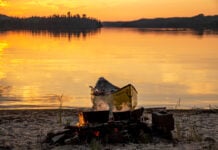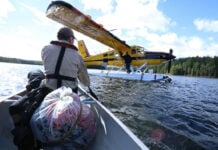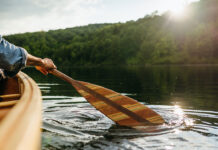Any tripping partner of mine has to understand that, no matter what schedule we are on, sometimes I like to take the time to have a quiet morning paddle before breaking camp.
Ready, set, trip! Why real canoe tripping can’t be rushed
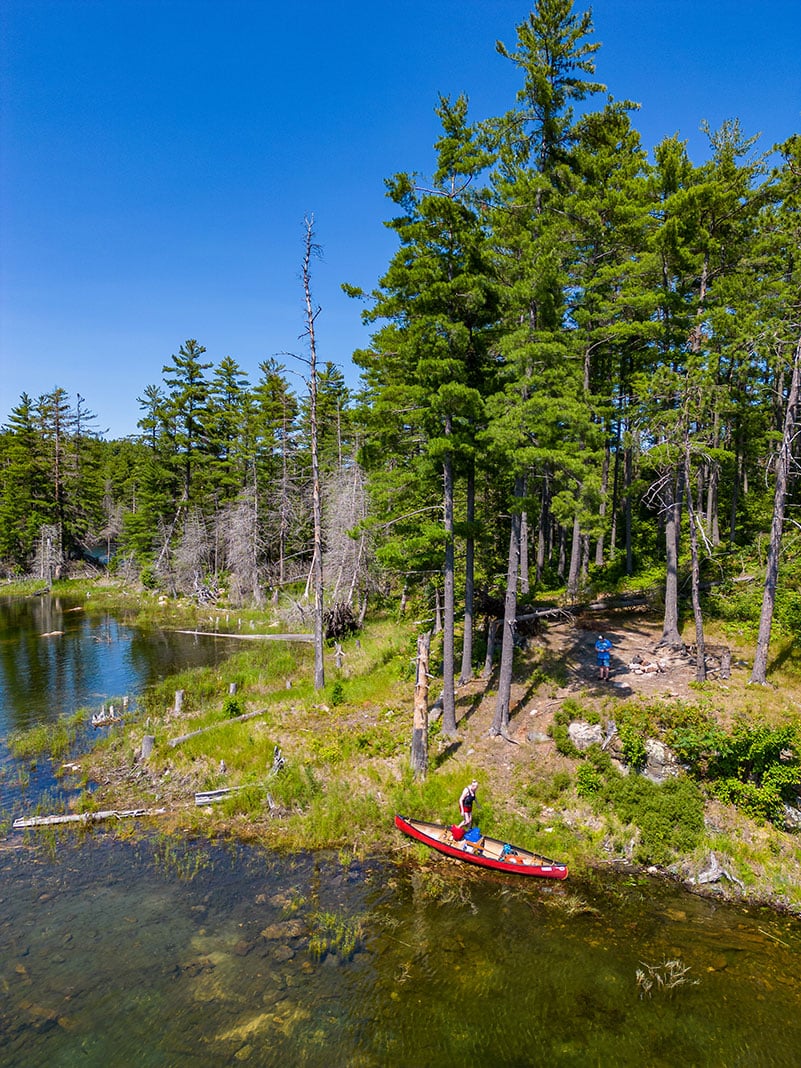
It was on one of these paddles one morning that my deep breathing was interrupted by the sound of a studio-recorded wilderness soundtrack. I rounded a point and saw the source: a middle-aged couple sitting on folding lawn chairs and listening to a cacophony of loon calls and orchestral melodies bellowing out of a waterproof boom box.
My curiosity got the better of me. Rather than pass their camp as quickly as possible, I paddled toward shore and called out the standard opener: “How long ya out for?”
“Seven hours, maybe eight if we’re lucky,” was the response.
Apparently it was a weekend outing. They had fled the city Saturday morning, got caught up in traffic and arrived at the launch just before dusk. They made camp at the first available site and had gotten up early, planning to get back on the highway before the traffic got bad.
I guess the boom box was just some insurance, in case they didn’t have time to hear a full complement of loons, wolves and white-throated sparrows during such a short trip.
I paddled away knowing canoe tripping had entered a new era.
The ever-shrinking average trip
In North America, we work too hard and too long, and it’s at the expense of time spent paddling. For proof, look at the history of paddling guidebooks. Editions in my collection from the 1930s have routes averaging a month in length. In the 1970s they featured seven- to 10-day trips. In the 1980s they were reduced to five. Now, the average trip promoted is two to three days.
The problem, as any tripper knows, is that you’re not even into a good rhythm until the fourth day. Your urges for television and fast food fixes don’t begin to dissipate until day five. It’s not until the ninth day you’re actually at ease with your surroundings.
I say, cases of constipation aside, if the trip isn’t long enough to require the use of a toilet trowel, it’s not a real trip.
Later that afternoon I heard flute-like wailings come from down the lake. I couldn’t tell if it was a wood thrush, or the latest release in the Sounds of Nature oeuvre. I like to think it was the latter and that the couple had decided to wait until after the late-afternoon rush to get back to the city.
Fun fact: although Kevin Callan is known for his longtime Butt End column in Canoeroots, his debut article was published in the second issue of Rapid in the spring of 1999. His Butt End column kicked off in the Spring 2006 issue of Canoeroots.
First order of business upon arriving at camp: press play on the loon soundtrack and light the campfire scented candle. | Feature photo: Rob Faubert



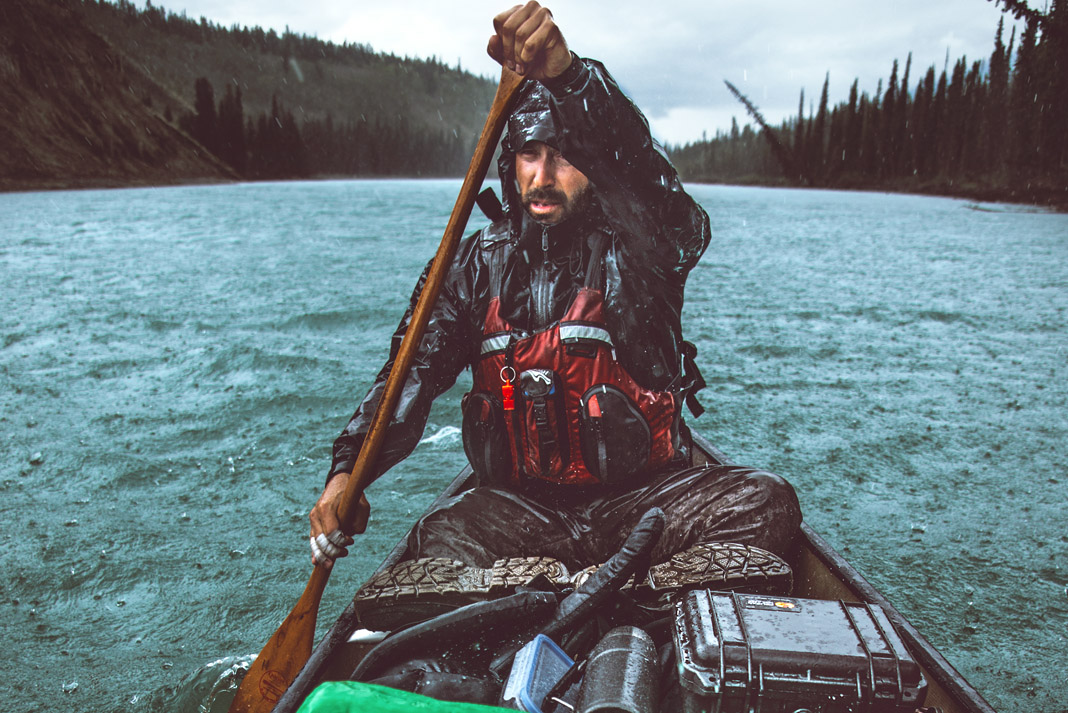
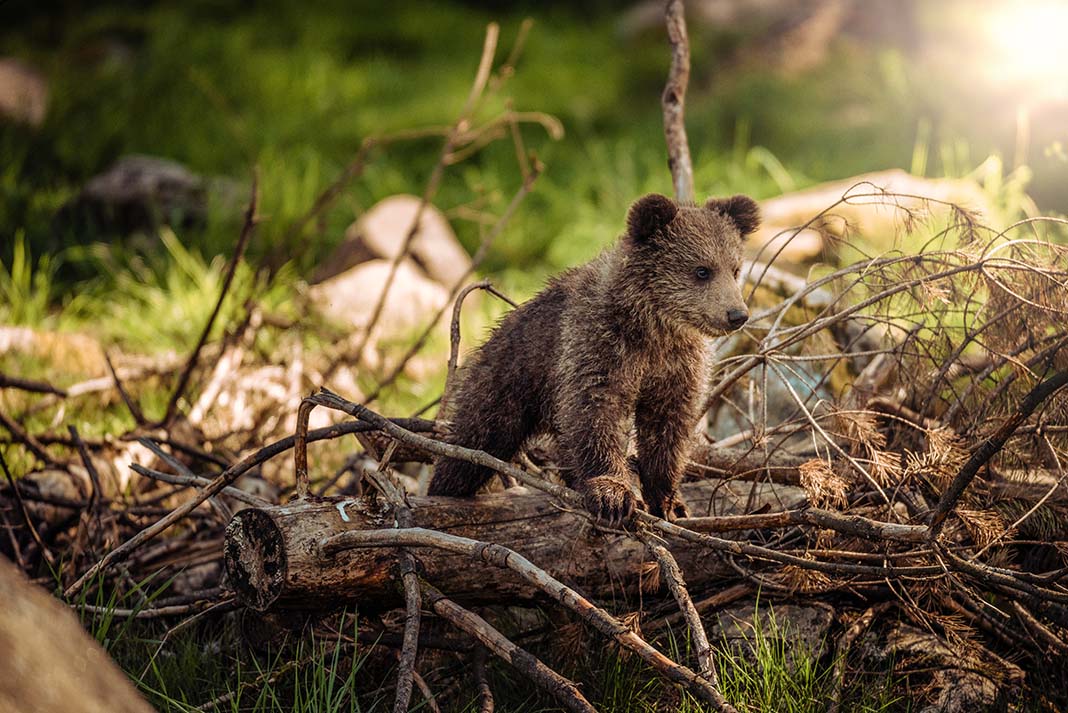
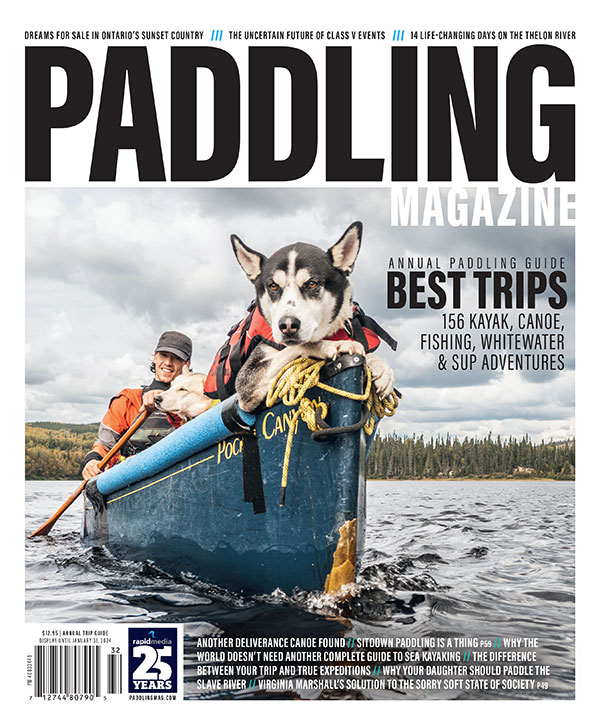 This article was first published in the Early Summer 2007 issue of Canoeroots Magazine and was republished in the 2023 Paddling Trip Guide.
This article was first published in the Early Summer 2007 issue of Canoeroots Magazine and was republished in the 2023 Paddling Trip Guide. 